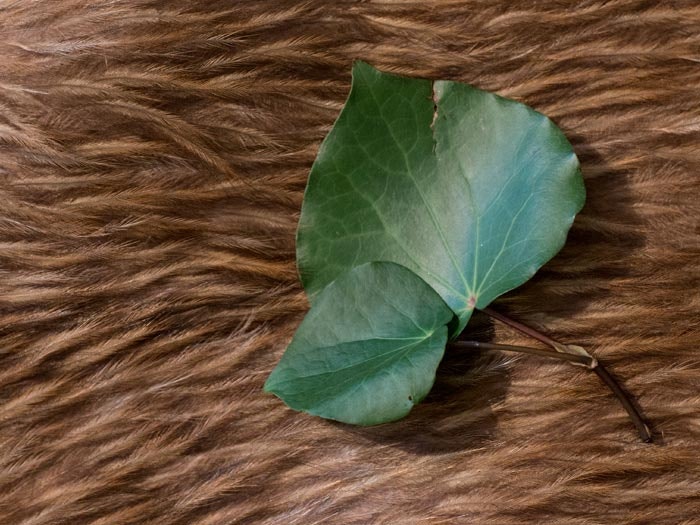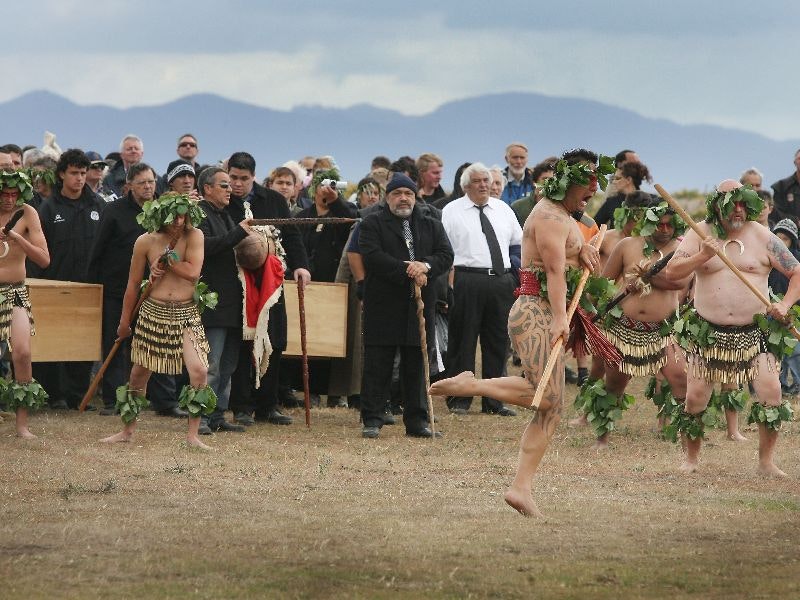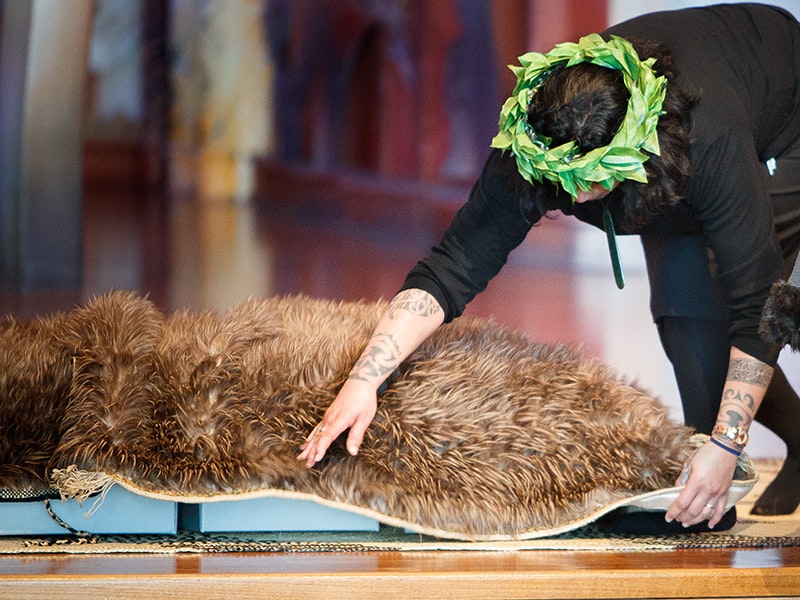
Collection management: Repatriation guide
The purpose of this resource guide is to provide museums with a foundation from which to develop their own practices and policies around repatriation of kōiwi tangata (human remains).
Free museum entry for New Zealanders and people living in New Zealand
Open every day 10am-6pm
(except Christmas Day)
Free museum entry for New Zealanders and people living in New Zealand
Established in 2018, this network made up of 17 participating museums works together to provide advice and collaborative research on confirming the provenance of all kōiwi in our museums to aid in repatriation.
The New Zealand Repatriation Research Network works to support and advise:
on the physical and spiritual care, tikanga and repatriation of all kōiwi in our museums
on engaging with iwi, hapū, whānau within our own rohe
on possible coordinated repatriations
on repatriation policy and strategy discussions
Any museums currently holding kōiwi or human remains are encouraged to join the network by emailing this address: nzrepatriationnetwork@gmail.com.
The Repatriation Networks meets regularly to share knowledge and expertise. National Services Te Paerangi repatriation workshop, 31 Mar 2021. Photo by Daniel Crichton-Rouse. Te Papa (168645)
Network meetings are held three times a year in locations throughout New Zealand for the wider membership and/or repatriation researchers.
The network is supported by National Services Te Paerangi, and the Ministry for Culture and Heritage.

The purpose of this resource guide is to provide museums with a foundation from which to develop their own practices and policies around repatriation of kōiwi tangata (human remains).

Find out about the history of collecting kōiwi (human remains) in Aotearoa, get to know some of the key people who collected and traded them, and learn about the development of our local repatriation movement.

Provenance research is an essential part of museological practice, and even more so when it comes to repatriation, whether of kōiwi tangata (human remains) or taonga (objects).